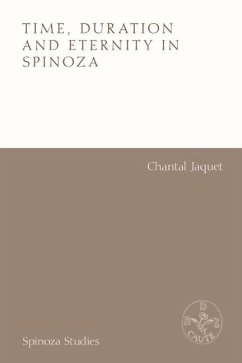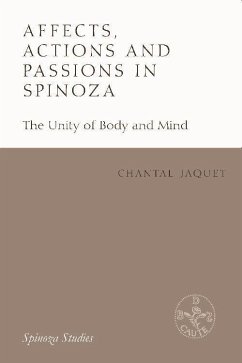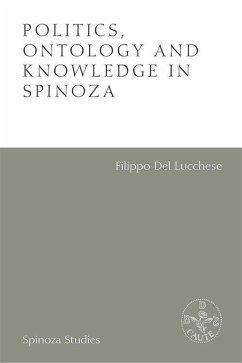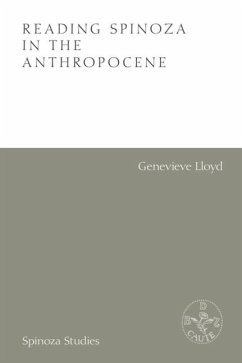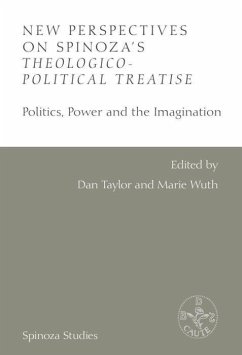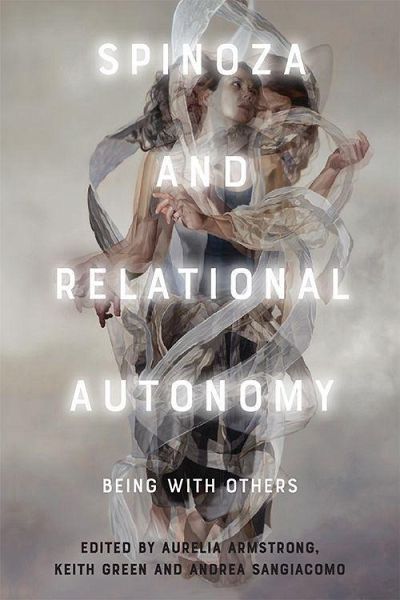
Spinoza and Relational Autonomy
Being With Others
Herausgeber: Sangiacomo, Andrea; Green, Keith; Armstrong, Aurelia
Versandkostenfrei!
Versandfertig in 2-4 Wochen
31,99 €
inkl. MwSt.

PAYBACK Punkte
16 °P sammeln!
This collection of 13 new essays shows what Baruch Spinoza can add to our understanding of the relational nature of autonomy. By offering a relational understanding of the nature of individuals centred on the role played by emotions, Spinoza offers not only historical roots for contemporary debates but also broadens the current discussion.




